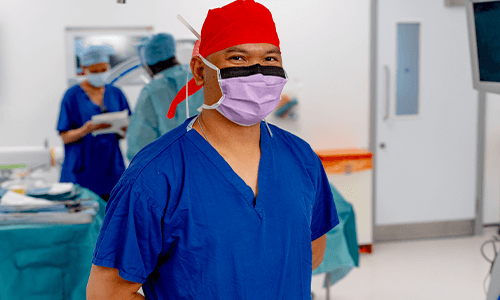Following diagnostic testing, your doctor should be able to stage of your lymphoma. "Staging" means scoring your cancer by how far it has spread.
- stage 1 – cancer is limited to one group of lymph nodes, such as your neck, armpit or groin nodes, either above or below your diaphragm.
- stage 2 – two or more lymph node groups are affected. For non-Hodgkin lymphoma, both groups are either above or below, but just on one side of your diaphragm, and for Hodgkin lymphoma they are either above or below your diaphragm.
- stage 3 – cancer has spread to lymph node groups above and below your diaphragm.
- stage 4 – lymphoma has spread beyond the lymphatic system and is now present in both lymph nodes and organs such as the bone marrow, liver or lungs.
Stages 1 and 2 are also called early-stage or limited lymphoma. Stages 3 and 4 are also referred to as advanced lymphoma. As lymphoma cancer is present in the lymph system, it can quickly metastasize, or spread, to different tissues and organs throughout your body.
The letters "A" or "B" may be added to your stage to indicate whether or not you have certain symptoms. "A" indicates you have no additional symptoms other than swollen lymph nodes and "B" indicates you have additional symptoms of weight loss, fever or night sweats.
Sometimes, health professionals also use additional letters to indicate where cancer first developed, for example, "E" (extranodal) means cancer developed outside the lymphatic system.
Non-Hodgkin lymphoma grading
There are also two main grades of non-Hodgkin lymphoma:
- low-grade/indolent non-Hodgkin lymphoma – slow-growing cancer that may not have any symptoms for many years. These don’t necessarily need treating immediately but they may be difficult to cure.
- high-grade/aggressive non-Hodgkin lymphoma – fast-growing and aggressive cancer. These need immediate treatment and can often be cured.
Sometimes, over time low-grade lymphomas can develop into high-grade lymphomas.



